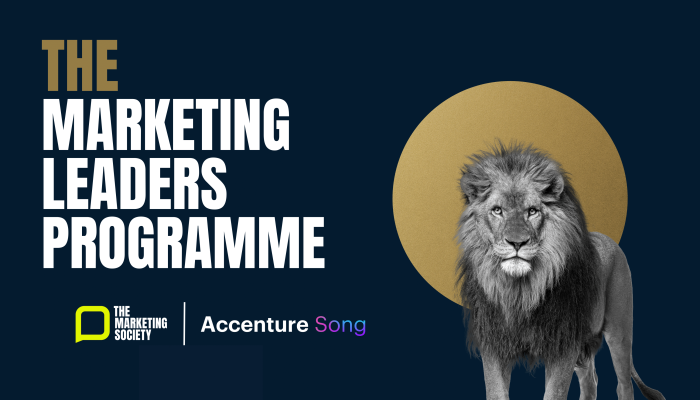In this thought-provoking piece, Mark Fawcett argues that brands should be more open about the effectiveness of their social impact initiatives, as they can be powerful drivers of positive change and brand perception, especially among younger consumers.
Last year, we produced work for a client that boosted perception of it as ‘a brand whose products people want to buy’ by 7%.
What moved the dial wasn’t marketing, PR or social media. It was a CSR programme, quietly delivered through schools and colleges with very light-touch branding.
It landed well because younger consumers in particular see social impact as a brand asset. 66% of Gen Z said they want brands to spend less money on TV, radio and digital campaigns and more on initiatives with a ‘positive impact’ on their lives (our Social Impact Barometer 2023.)
Consumer relationships with brands are changing and demonstrating that you care about the planet, your employees and your community is as important now as a headline-grabbing commercial in the 1990s. Being a good corporate is good for business.
But we all know this – don’t we? Intuitively, anecdotally, yes, backed by research from organisations such as the Edelman Trust Barometer.
But getting companies to talk openly about the brand-building effectiveness of social impact is tough. And it’s not just in the UK. I was browsing the website of a US social impact agency last week which said it had lots of great results for clients that it couldn’t reveal.
Perhaps no-one wants to show their hand first in a new sector. But recently I’ve been wondering if the secrecy around social impact effectiveness needs to stop. Should it be treated differently to other business metrics if it can help the planet with climate change, sustainability and inequality? If businesses hold the key to a driver for change, don’t they have a moral duty to share that information?
Best practice is certainly needed. Last year, I was a judge on the Drum’s Social Purpose Awards and it was a fascinating experience. Much of the work was very good but I think we all noticed how variable the entries were.
Perhaps we shouldn’t be surprised. Social impact is an emerging science and precedent is limited. C-suites increasingly understand its importance but find identifying a roadmap hard.
On that basis alone, I think brands who have proved social impact should be demonstrating that. How did they do it? How did they measure it? And how well did it work? Share the successes. Build out the science. Help those coming behind you.
That may feel counter-intuitive, but to a client whose initial reaction is ‘we can’t say that’ I would suggest not shutting down the conversation. Collect the data, then decide what to do with it. You don’t need to reveal everything. A single statistic might be enough to tell the story.
Futureproof your work and data in three ways, to keep the dialogue open.
- Take a measurement approach from Day One. During strategic planning of any initiative, identify the kinds of impact you want to track. Social mobility, diversity and sustainability are three markers clients are particularly keen to demonstrate right now.
- Have a clear process in place to do the tracking. We have developed an Impact Measurement Framework linking social impact, advocacy and brand impact. Not all social impact measurement is linked to brand impact. Some clients monitor KPIs in-house.
- Consider the priorities of your different audiences. Consumers respond differently to social impact, with young people more engaged than older consumers. You may be better off putting more resources into certain demographics.
Because in the end, there is something bigger here than any one campaign. Social impact could change the role of brands and become a driver for commercial and cultural change.
It would be nice if we started to get the information out there, for the good of the business and the planet.
Written By Mark Fawcett, CEO and Founder of We Are Futures
Published on 27 March 2024



